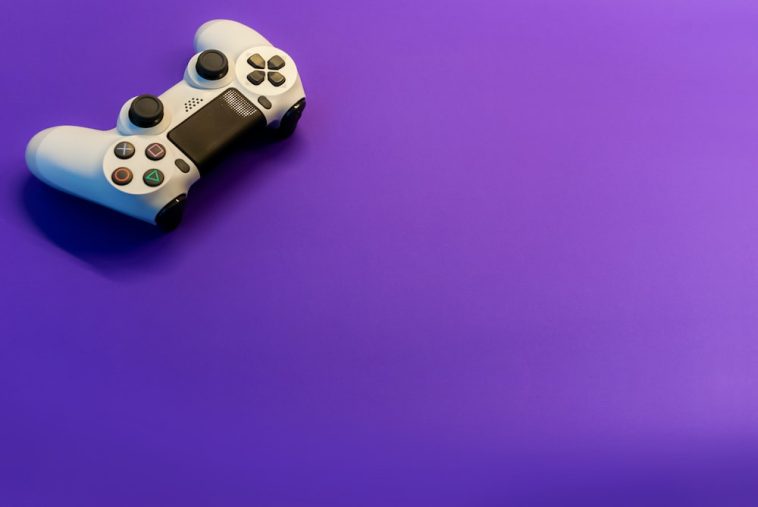Introduction.
If you’re into gaming, you know how frustrating it can be when your PC doesn’t perform as well as you’d like.
Whether it’s laggy gameplay, low frame rates, or a game that simply won’t run, these issues can take all the fun out of your experience.
The good news? You don’t need to buy a high-end gaming rig to enjoy smooth gameplay. By optimizing your current PC, you can improve its performance and get the most out of your games.
In this guide, I’ll cover practical ways to tune up your PC for gaming. From updating drivers to tweaking settings, there’s a lot you can do to make your games run better. By the end, your PC will be in great shape for whatever games you want to play.
Why PC Optimization Matters for Gaming
Gaming is demanding on a computer. Games require your PC to process complex graphics, physics, and real-time interactions.
If your system isn’t optimized, even the best games can look bad or run poorly. Optimizing your PC ensures that it’s using its hardware and software resources as efficiently as possible.
This can mean faster load times, smoother gameplay, and even better graphics performance without needing expensive upgrades.
How Do I Optimize a PC For Gaming?
1. Update Your Graphics Drivers
Your GPU (graphics card) is the most important component for gaming. Keeping its drivers updated ensures compatibility with new games and improves performance.
How to do it:
- For NVIDIA cards, download the GeForce Experience app.
- For AMD cards, use the AMD Radeon Software.
- For Intel GPUs, visit their support page for driver updates.
Most modern games get patches or updates that are optimized for the latest drivers, so this is a quick way to get better performance.
2. Adjust Graphics Settings in Games
Games often have adjustable settings for things like resolution, texture quality, and shadow effects. Lowering these settings can help your PC run games more smoothly.
Key settings to adjust:
- Resolution: Reduce this slightly if your game lags.
- Shadows and Lighting: Lower or disable these to boost performance.
- Anti-aliasing: Turning this off can give you more frames per second (FPS).
If you’re unsure, most games have a “low,” “medium,” or “high” preset—try these first and see what works.
3. Manage Background Processes
When you’re gaming, other apps running in the background can slow down your PC. This includes browsers, file-sharing apps, and unnecessary system processes.
How to manage them:
- Open Task Manager (Ctrl + Shift + Esc) and check for high-usage apps.
- End tasks for apps you’re not using.
- Disable startup apps under the “Startup” tab in Task Manager.
4. Enable Game Mode on Windows
Windows has a built-in Game Mode that focuses your PC’s resources on gaming. This feature can help improve performance without extra effort.
How to enable it:
- Press the Windows key, type “Game Mode,” and select it.
- Toggle the switch to “On.”
Game Mode reduces background tasks and optimizes hardware usage while you’re playing.
5. Check Your PC’s Cooling System
Overheating can cause your PC to slow down or even crash during intense gaming sessions.
Steps to improve cooling:
- Clean your PC’s fans and vents regularly. Dust buildup can block airflow.
- Use software like HWMonitor to check temperatures.
- If needed, invest in additional cooling like better fans or a laptop cooling pad.
6. Upgrade Hardware If Needed
Sometimes, optimization can only do so much. If your PC is still struggling, a hardware upgrade might be worth considering.
Best upgrades for gaming:
- RAM: Upgrade to at least 16GB for smoother multitasking.
- SSD: Install games on an SSD for faster load times.
- GPU: If your budget allows, consider upgrading your graphics card.
7. Use Performance Monitoring Tools
Tools like MSI Afterburner, Razer Cortex, and FPS Monitor can help you track your PC’s performance.
These programs show your frame rate, CPU usage, and GPU performance in real time. They also help you identify any bottlenecks that could be slowing your system down.
8. Defragment or Optimize Your Hard Drive
For those still using an HDD (hard disk drive), defragmenting it can improve performance. If you have an SSD, you can use Windows’ optimization tool to keep it running efficiently.
How to optimize:
- Search for “Defragment and Optimize Drives” in Windows.
- Select your drive and click “Optimize.”
9. Disable Visual Effects in Windows
While Windows’ visual effects look nice, they can take up system resources. Disabling them can free up some power for gaming.
How to disable:
- Search for “Performance Options” in Windows.
- Select “Adjust for best performance.”
This will turn off animations and effects, making your system feel faster.
10. Check for Malware and Viruses
Malware can slow down your PC by running in the background and using up resources. Run a full system scan with an antivirus tool like Windows Defender, Malwarebytes, or any trusted software you prefer.
FAQs
1. Do I need an expensive PC to play modern games?
Not necessarily. Many modern games are optimized to run on mid-range systems. With proper settings and tweaks, even older PCs can handle newer games.
2. How often should I update my drivers?
Check for updates monthly, or whenever you’re installing a new game. GPU manufacturers release updates frequently.
3. What’s the ideal amount of RAM for gaming?
16GB is the sweet spot for most modern games, but 8GB can work for older or less demanding titles.
4. Will overclocking my PC improve gaming performance?
Overclocking can improve performance but should be done cautiously. It can increase heat output and reduce component lifespan if not managed properly.
5. Can software optimization replace hardware upgrades?
While optimization can help a lot, hardware upgrades are sometimes necessary for playing the latest, resource-heavy games.
Final Thoughts
Gaming on a PC doesn’t have to be frustrating or expensive. By following these steps, you can get your system running at its best, making games smoother and more enjoyable. It’s all about balancing what you have and making the most out of it.
What’s your biggest challenge when it comes to optimizing your PC for gaming? Let me know in the comments, and I’ll do my best to help!





GIPHY App Key not set. Please check settings